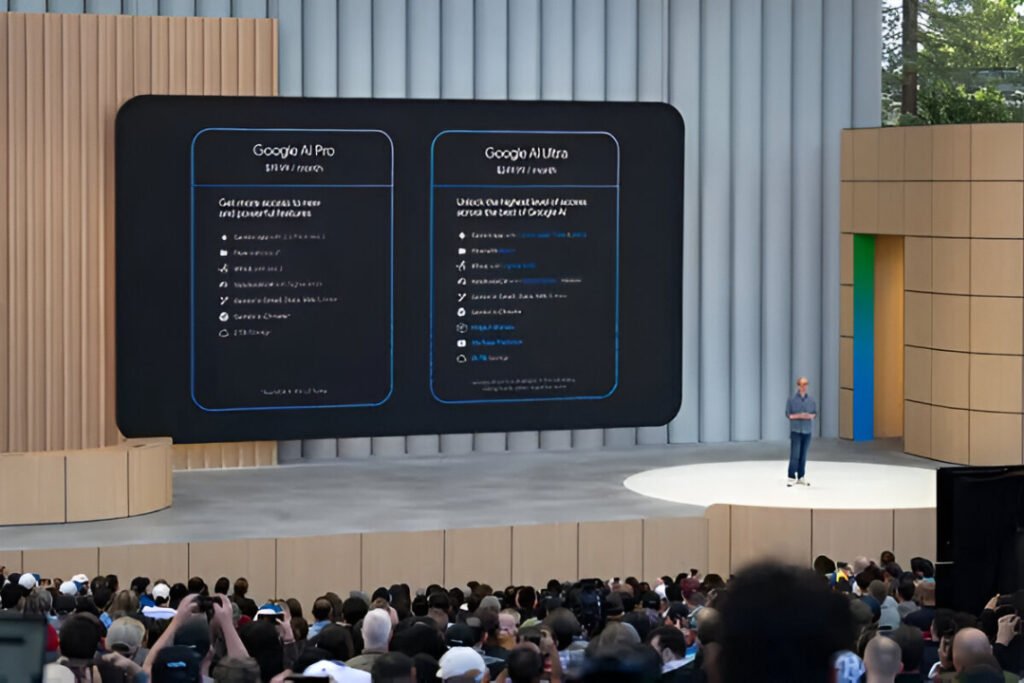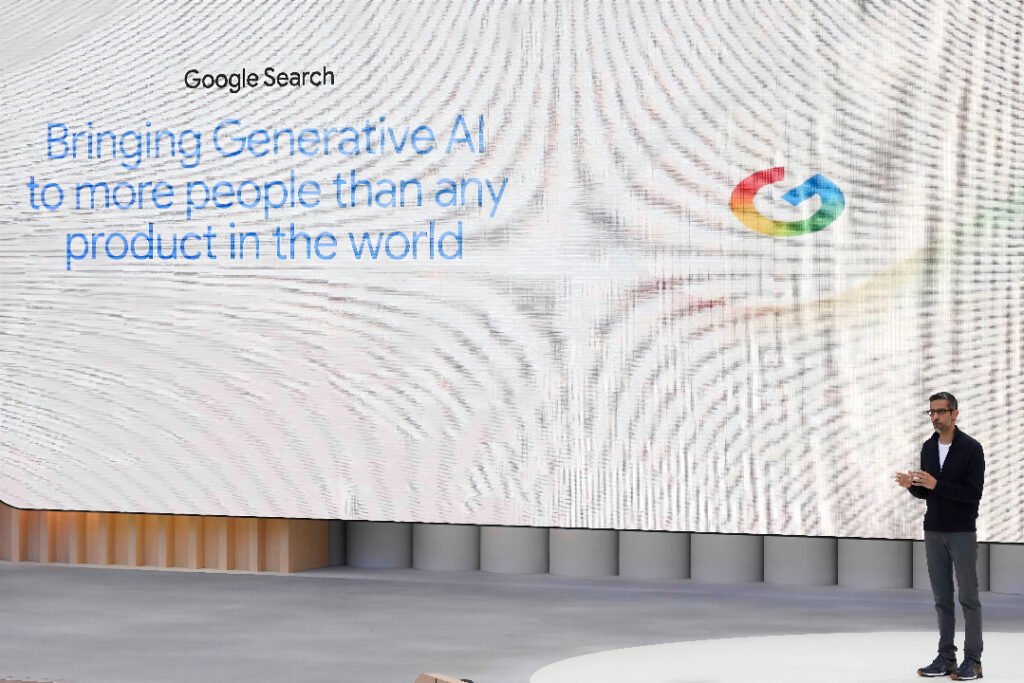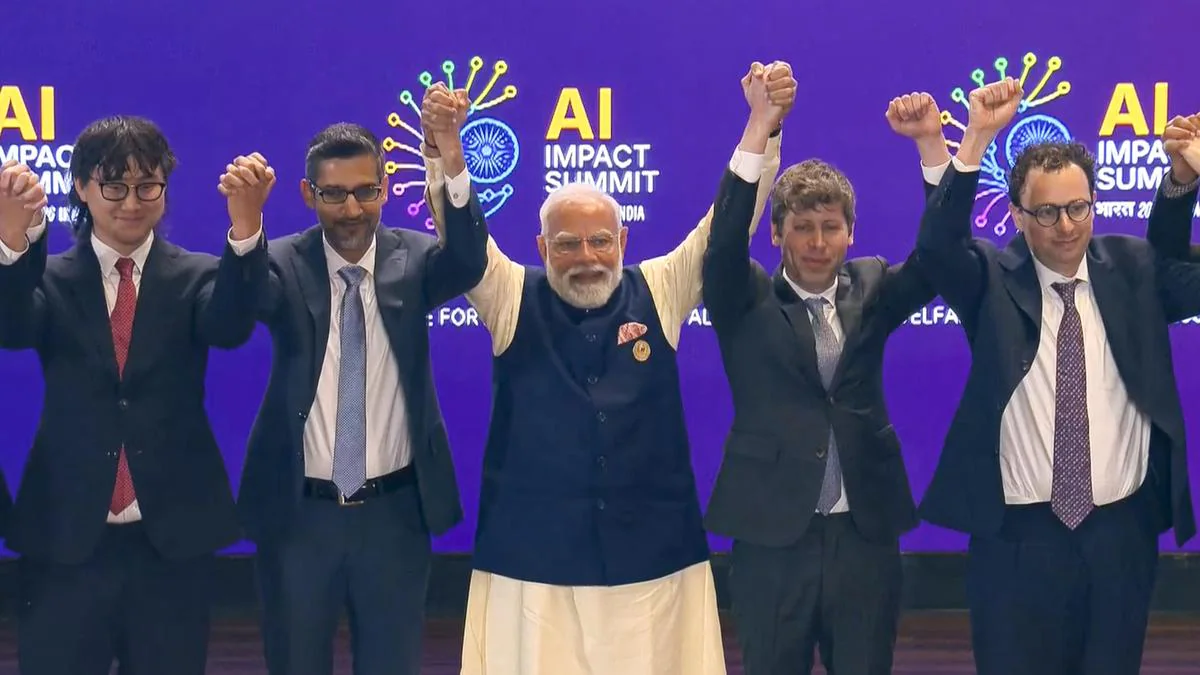
Google just dropped a bombshell that’s got the tech world buzzing—they’re rolling out AI Mode, a conversational search experience that lets you chat with Google like you would with a friend. This isn’t just another feature update; it’s Google’s direct answer to ChatGPT’s meteoric rise and Microsoft’s aggressive push with Bing AI. The search giant is finally ready to admit that sometimes, we don’t want ten blue links—we want actual answers.
Google Finally Admits We Want Conversations, Not Links
Here’s the thing about Google’s latest move—it feels like they’re playing catch-up, but in the most Google way possible. AI Mode doesn’t just give you ChatGPT-style responses; it weaves them into the search experience we already know. When you ask something like “What’s the best camera for my Europe trip?” you’re not getting a generic response. Instead, you’re getting follow-up questions about your budget, travel style, and photography goals.
I’ve been watching this space for years, and honestly? This feels like Google admitting that the future of search isn’t about finding information—it’s about having conversations about it. The days of typing keywords and hoping for the best might actually be numbered.
Let’s be real here—OpenAI basically forced Google’s hand. When ChatGPT hit the market, people stopped typing random keywords into search boxes. Instead, they started asking full questions like they would to a real person. Microsoft saw the opportunity and jumped in with both feet, integrating AI directly into Bing. For the first time in decades, people actually started talking about using something other than Google for search. That had to sting a little, right?
Google’s Answer: We’ll Do You One Better
Google’s response feels like they’re saying, “Okay, fine—if you want to chat, let’s chat properly.” But they’re not just copying what everyone else is doing.
Google’s approach isn’t just throwing AI at the wall and seeing what sticks. They’re using their Gemini AI models with twenty years of search know-how. Here’s what actually matters: this thing remembers what you asked before. Say you’re planning a trip to Paris and ask about restaurants. Then you throw in “What about vegetarian spots?”—boo”m, it gets it. No starting over, no repeating yourself.
They’re keeping regular search results too. Sometimes you want a quick chat, and sometimes you want to dig through actual websites yourself. Smart move, honestly.

Why Everyone’s Trying to Be Your New Best Friend
What’s wild about this whole thing is how personal search is getting. We don’t just want facts anymore—we want someone (or something) that actually gets what we’re trying to figure out.
Google’s AI Mode will ask you follow-up questions and suggest stuff you might not have thought of. It’s like that friend who’s actually listening instead of just waiting for their turn to talk.
Remember when smartphones killed regular cameras? It wasn’t because phone cameras were technically better—they just made taking photos stupidly easy. That’s what’s happening to search right now. Nobody wants to spend five minutes figuring out the perfect keyword combo anymore. We just want to ask our question and get an answer that makes sense.
Why This Actually Matters for Regular People
The competition isn’t really about who has the fanciest algorithms. It’s about trust. Which company can make their AI feel helpful without being creepy? Which one won’t give you completely wrong information about your medical symptoms?
Look, I’ve wasted hours of my life trying to Google the right combination of words to find what I need. If Google’s AI Mode works like they’re promising, those days might be over.
But here’s what gets me excited: this changes way more than just search. When you can have real conversations with AI about complicated stuff, it shifts how we learn things, how we solve problems at work, and how we make big decisions.
Google’s betting their search expertise plus conversational AI will keep them on top. Whether that works out or not, one thing’s for sure—searching for information just got way more interesting. And after years of fighting with search boxes, I’m pretty okay with that.







